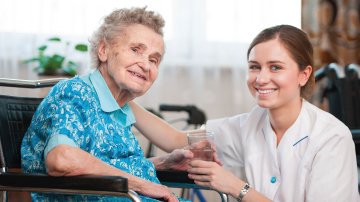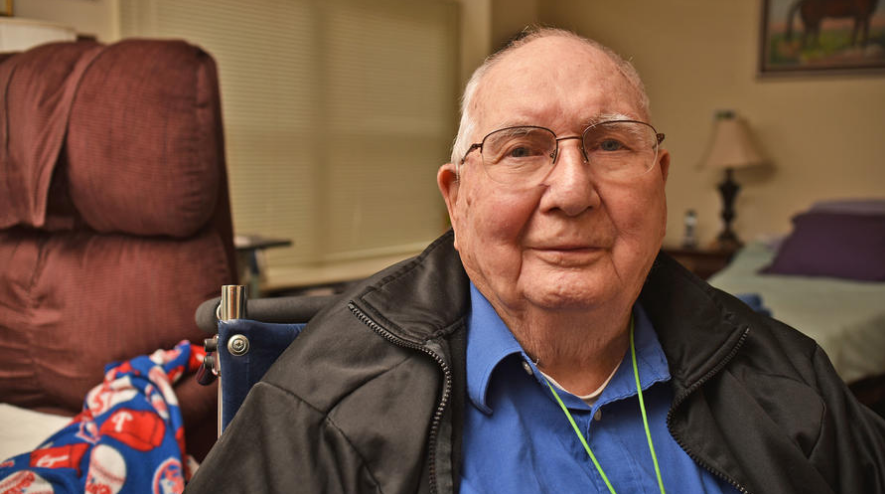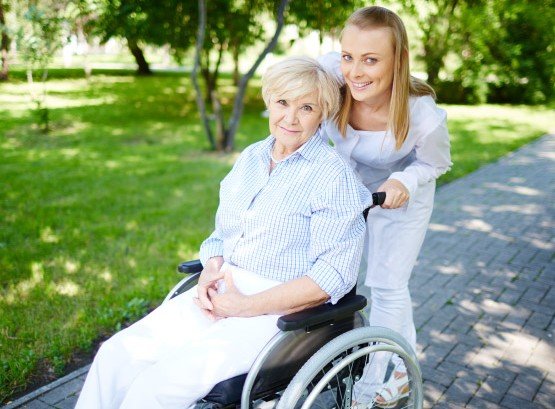Heat stress is a potentially dangerous condition that occurs when your body overheats. Older adults are more susceptible to heat stress than younger people due to the inability of an aging body to optimally adjust to sudden changes in temperature. Additionally, a number of medical conditions and medications can impair the body’s ability to respond to heat and regulate its temperature.
Heat Stroke
Heat stroke is a very serious form of heat stress that occurs when the body is subjected to heat but is unable to control its temperature. As a result, body temperature rises quickly and can reach 106 degrees Fahrenheit or higher within 15 minutes. Heat stroke is a major medical emergency. If not treated right away, it can result in death or disability.
Signs and Symptoms of Heat Stroke
Signs and symptoms of heat stroke include a body temperature above 103 degrees Fahrenheit; dry, hot, and red skin; a strong, rapid pulse; dizziness; a throbbing headache; and nausea. If you or someone you love exhibits these symptoms, call 911 immediately. While you’re waiting for medical personnel to arrive, move to a cool place and do what you can to cool down, including taking a cool shower or sponge bath or wrapping up in a cold, wet sheet. Take small, frequent sips of cold–but not icy cold–water.
Prevent Heat Stroke
The best way to avoid heat stroke is to stay indoors during the hottest part of the day. If you need to be outdoors, wear lightweight clothing and seek out shade. Stay well-hydrated with non-alcoholic beverages, and don’t overexert yourself. If you’re feeling even slightly overheated, head indoors to cool off. A cool shower or sponge bath can help you cool down quickly.
Taking good care of yourself and staying mindful of how you feel in hot weather can help prevent both mild and severe forms of heat stress, and remaining mindful of how you’re feeling can help you recognize early signs of heat stroke before it takes its toll.







